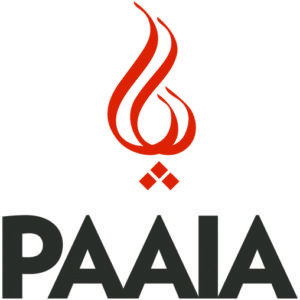November 27, 2020

The poll was taken in September by Zogby Research Services on behalf of the Public Affairs Alliance of Iranian Americans (PAAIA), which has been supporting such surveys since 2008. This year’s poll queried 406 Iranian-Americans.
The survey showed that Iranian-Americans preferred Joe Biden over Donald Trump in the race for president by a margin of 56 percent to 31 percent, with many still undecided as of September.
The poll presented those surveyed with seven issues regarding Iran and asked the respondents which two were most important to them. The only option that drew majority support, 58 percent, was the “promotion of human rights and democracy in Iran.” In second place was “lifting the US trade embargo to support economic growth in Iran” at 29 percent and in third place was “successful negotiation of a new nuclear agreement between the US and Iran” with 27 percent.
No other option drew more than 25 percent and the option with the least support was “keeping sanctions in place or tightening sanctions against Iran” with 14 percent support.
The majority said they do not believe the Trump sanctions will accomplish what President Trump has said is his goal with the sanctions. Asked what outcome they anticipated from sanctions, 32 percent said that sanctions “will produce the changes in Iranian policy that the Trump Administration desires” while 57 percent said that sanctions “will harm the Iranian people and increase support for the hardliner’s anti-American sentiment.”
But most Iranian-Americans did not support a return to the Joint Comprehensive Plan of Action (JCPOA). That option was backed by just 29 percent while 47 percent advocated “making a more comprehensive deal that would address both Iran’s nuclear ambitions and its engagement in regional conflicts.” That is what many European countries have said they want to see.
The poll asked if the respondents backed the Mojahedin-e Khalq. The poll showed the group was supported by 24 percent of those polled and opposed by 58 percent. The remaining 18 percent had no position.
Asked how they felt about Crown Prince Reza Pahlavi, 53 percent said they supported him and 31 percent voiced opposition.
Another question asked, “Which of the following approaches is most likely to move Iran toward a more democratic society?” Forty-four percent advocated “grassroots democratic movement,” which was not otherwise defined, while 30 percent supported “gradual reform through the current political structure,” 11 percent backed “economic sanctions” and 10 percent backed “covert action or military attack.” The remaining 6 percent said they were not sure.